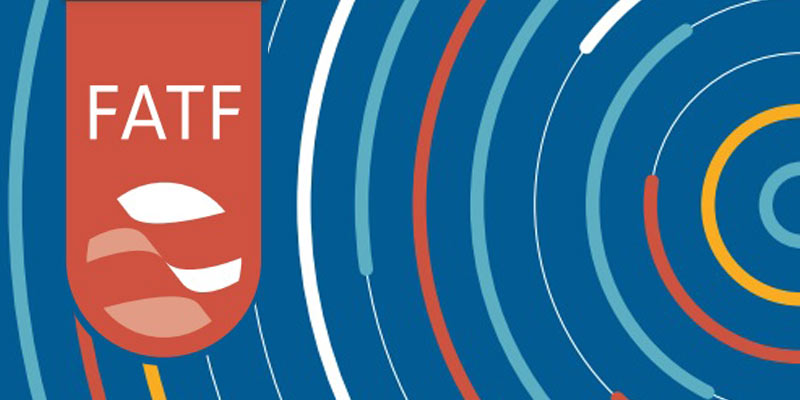- World
- Oct 25
FATF removes 4 African countries from its Grey List
• Burkina Faso, Mozambique, Nigeria and South Africa have been removed from a global Financial Action Task Force’s (FATF) ‘Grey List’.
• Delegates from the FATF’s Global Network of more than 200 jurisdictions and observers participated in three days of discussions to address key issues in the fight against illicit finance.
• South Africa and Nigeria were added to the FATF’s list of countries under special scrutiny in 2023, while Mozambique has been there since 2022. Burkina Faso was added in 2021.
• FATF President Elisa de Anda Madrazo cautioned Pakistan that its exit from the ‘Grey List’ in October 2022 does not make it immune to terror financing and money laundering.
• She emphasised that countries, including Pakistan, must continue implementing measures to prevent and deter crimes.
• Madrazo’s remarks came amid reports that certain Pakistan-based terror groups, including Jaish-e-Mohammad (JeM), are using digital wallets and masked financial flows to fund training camps.
What is the FATF?
• The FATF is an inter-governmental body established in 1989 by the ministers of its member jurisdictions.
• The objectives of the FATF are to set standards and promote effective implementation of legal, regulatory and operational measures for combating money laundering, terrorist financing and other related threats to the integrity of the international financial system.
• The FATF is a policymaking body that works to generate the necessary political will to bring about national legislative and regulatory reforms in these areas.
• The FATF currently has 39 members including two regional organisations — the European Commission and Gulf Cooperation Council.
• FATF suspended membership of the Russia on February 24, 2023
• India is a member of the FATF consultations and its Asia Pacific Group.
The FATF has two types of lists:
1) High Risk Jurisdictions Subject to a Call for Action (Black List)
2) Jurisdictions under Increased Monitoring (Grey List).
1) Black List
• High-risk jurisdictions have significant strategic deficiencies in their regimes to counter money laundering, terrorist financing, and financing of proliferation.
• This list is referred to as the ‘Black List’.
• Iran, North Korea and Myanmar are in the FATF Black List.
2) Grey List
• Countries that are considered as safe havens for supporting terror funding and money laundering are included in the ‘Grey List’.
• When the FATF places a jurisdiction under increased monitoring, it means the country has committed to swiftly resolve the identified strategic deficiencies within agreed timeframes and is subject to increased monitoring.
• Inclusion in the Grey List makes it difficult for a country to get financial aid from world bodies such as the IMF. The list makes it difficult to get investors and creditors, adversely impacts exports, output and consumption and also makes it difficult for global banks to do business with a listed country.
• Algeria, Angola, Bolivia, Bulgaria, Cameroon, Ivory Coast, Democratic Republic of the Congo, Haiti, Kenya, Lao PDR, Lebanon, Monaco, Namibia, Nepal, South Sudan, Syria, Venezuela, Vietnam, Virgin Islands (UK) and Yemen are on the FATF Grey List.

